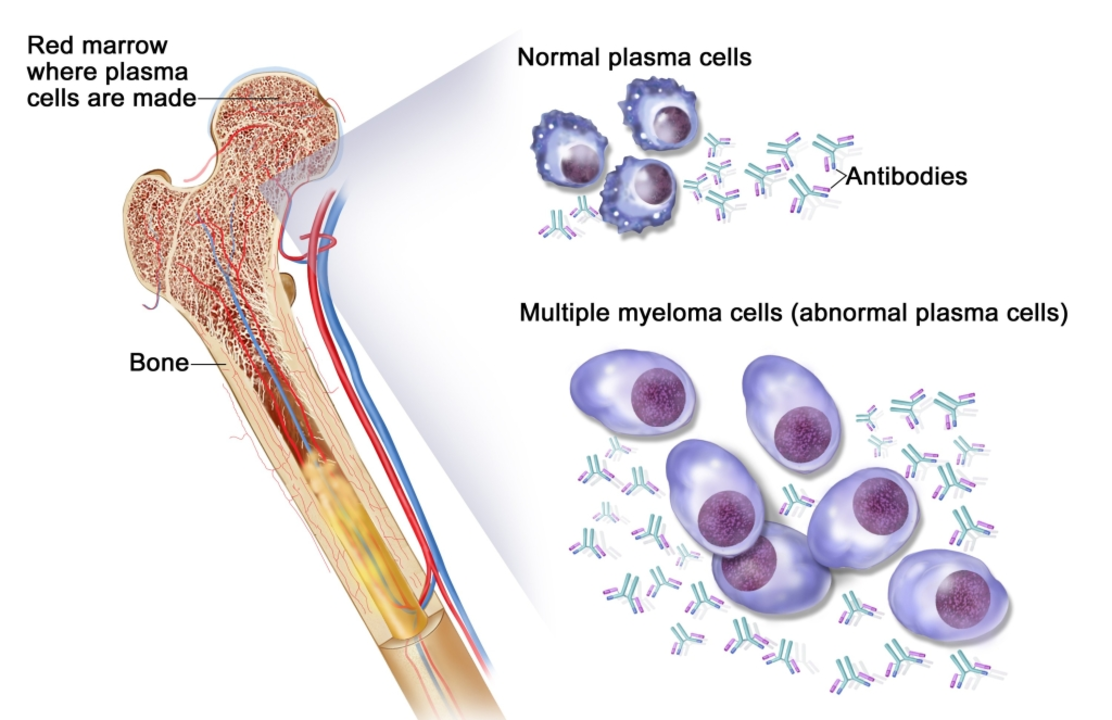In my latest blog post, I've put together a comprehensive guide to help you better understand Multiple Myeloma, a type of cancer that affects plasma cells in the bone marrow. We'll discuss its causes, symptoms, and treatment options, as well as ways to cope with the disease. By the end of the post, you'll have a clearer understanding of this complex condition and how it impacts those who suffer from it. I hope this information will be helpful not only for patients, but also for their families and loved ones. Join me in learning more about Multiple Myeloma and how we can support those affected by it.
Cancer care: clear guides, treatment choices, and smart medicine tips
Cancer feels overwhelming, but small practical steps make it manageable. This tag groups easy-to-read articles about treatment options, drug comparisons, side effects, and real ways to lower medication costs. You’ll find guidance on hormone drugs, safe online pharmacies, cost-saving memberships, and what to ask your team.
When treatment decisions arrive, focus on what matters today: the type of cancer, stage, your overall health, and your goals. Not every drug fits every person. For example, hormone therapies used in breast cancer work differently depending on whether you are premenopausal or postmenopausal. That fact changes which drug a doctor recommends and what side effects are likely.
How to compare treatments the smart way
Start by asking three clear questions at your next appointment: What is this drug meant to do? How long will I take it? What are the common and serious side effects? If you’re looking at two drugs, ask how each affects your daily life — energy, bone health, fertility, or risk of other problems. Articles here, like our letrozole vs tamoxifen piece, explain real differences and trade-offs so you can discuss specifics with your oncologist.
Second opinions matter when choices have big trade-offs. A second oncologist can confirm the plan or suggest clinical trials that might be a better fit. Clinical trials can offer access to new treatments and help you avoid months of guesswork. If a trial is an option, ask about the logistics, costs, and how it could affect future standard care.
Practical tips for meds, safety, and costs
Prescription prices shock many people. Use the tools described under our savings and pharmacy guides: compare prescription savings clubs, vetted online pharmacies, and manufacturer patient-assistance programs. Always confirm a pharmacy’s license and read recent customer feedback. Avoid sellers that pressure you to skip prescriptions or offer unrealistic deals.
When ordering medication online, stick to pharmacies that require prescriptions for prescription-only drugs, show clear contact info, and display third-party verification. If a price looks too good to be true, it probably is. For some hormone therapies, generic versions exist and can cut costs without changing effectiveness. Talk to your pharmacist about generics and about proper storage and handling.
Finally, keep clear records. Track medication names, doses, start dates, side effects, and blood work or scans. Bring this list to appointments and share it with anyone helping you navigate care. Having clear notes speeds decisions, reduces errors, and helps you spot patterns that matter for treatment choices.
If you want focused reads, check the posts tagged here — from drug comparisons to safe online buying tips and savings clubs — then bring those questions to your care team. Practical info plus a good doctor relationship is how most people get better results.
Start a health file now: list diagnoses, current medicines with doses, recent test dates, contact numbers for your oncology team, pharmacy and insurance — update it after each visit and keep a copy on your phone and wallet.

